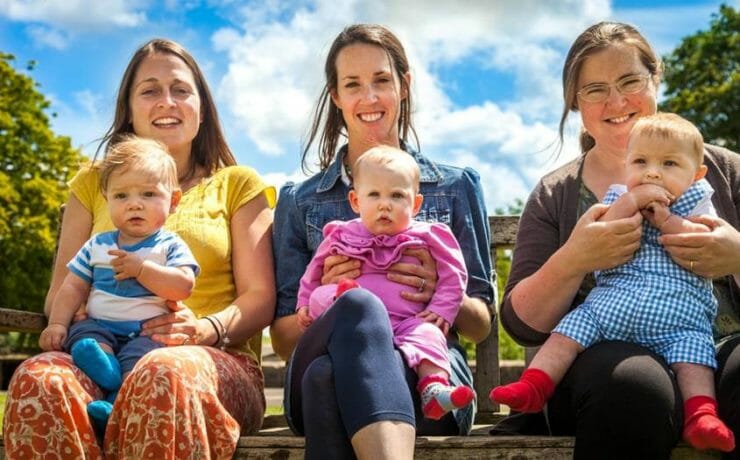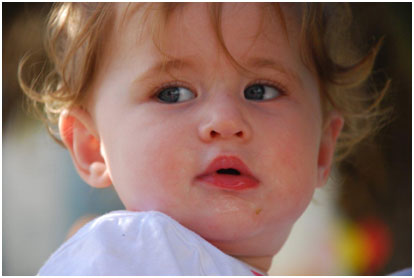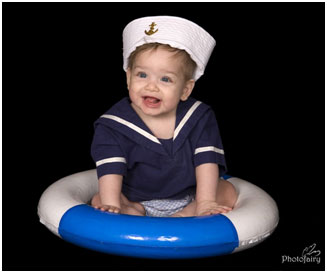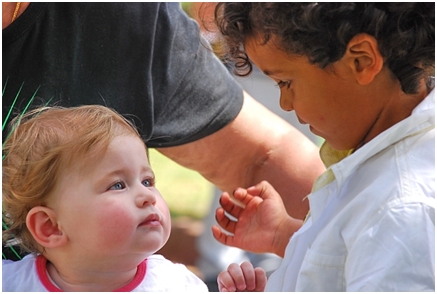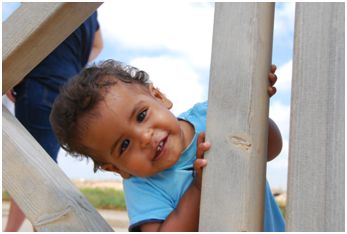
The previous post in this series told the story of my first encounter with autism at a special school where I did work experience for 6 months. Today, I would like to introduce the problems families face when they notice something wrong in their child’s development. As you will see, the way the system works puts them in a Catch 22 situation.
Bringing a child into the world is a very exciting event in every family’s history. Noticing that something is wrong with a child is not easy to experience. As I’ve said before, mothers of autistic children were blamed in the past for the situation by the claim they did not connect with their child during the first weeks after birth.
Most of those moms sighed in relief when the results of an experiment confirmed that autistic babies were different from “normal” babies.
In the first stage of the research, every mom was given recordings of her baby crying and asked to guess the reason for the crying. Most moms of “normal” babies guessed correctly, while moms of autistic babies didn’t. So, those who advocated for the “let’s blame the mothers” said, “OK, then. That’s our proof”.
But the experiment continued.
